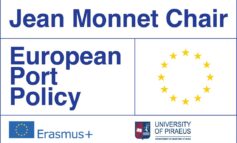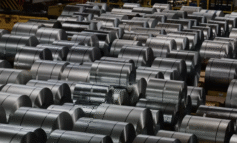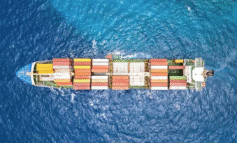Comment by Peter de Langen.
A UNCTAD, in its yearly flagship publication, the review of Maritime Transport, has flagged the considerable uncertainty facing shipping and ports. UNCTAD has developed four scenarios, based on key uncertainties in the geopolitical context and the COVID recovery. Broadly, based on these four scenarios, we could see a sustained recovery of international trade, an interrupted recovery (either due an intensifying war or due to continued effects of COVID-19 due to high infection levels and new variants) or a ‘derailed’ recovery, if both of the above play out. In these scenarios, the uncertainties related to fighting climate change, are not even included – though UNCTAD is very much aware of these. The DNV Maritime Forecast for 2022 is focused on these uncertainties and counts 24 different ‘future fuel mix scenarios’ with huge differences in the shares of fuels such as LNG, biofuels, methanol and ammonia. In the 2022 publication, DNV focuses on this uncertainty and does not add uncrtainties regarding trade volumes to the analysis -though they are very much aware of these.
Both reports show ports and shipping are in a period of ‘deep uncertainty’ in which there is no clarity on the direction, speed and interrelations between key drivers of change (like initiatives to curtail climate change, or geopolitical tensions) in the long-term. Decision-making on infrastructure systems is very difficult when faced with deep uncertainty. The ‘traditional approach’ of predicting and acting upon such a prediction is not effective. Instead there is a need to acknowledge uncertainty, focus on robustness of (investment) decisions in different scenarios and ‘monitor and adapt’ as external events unfold.
However, this is easier said than done, especially for port development projects, because such projects generally are ‘contested projects’ in the sense that some stakeholders are highly in favor while other stakeholders are fiercely opposed. Given the deep uncertainty, the often advocated stakeholder involvement approach of seeking to create agreement regarding assumptions (like for instance demand growth or energy needs) is increasingly problematic. That may imply that contested projects can only be executed if stakeholders can reach an agreement on decisions (i.e. whether and how to expand a port and with which kinds to policies to mitigate societal impacts).












